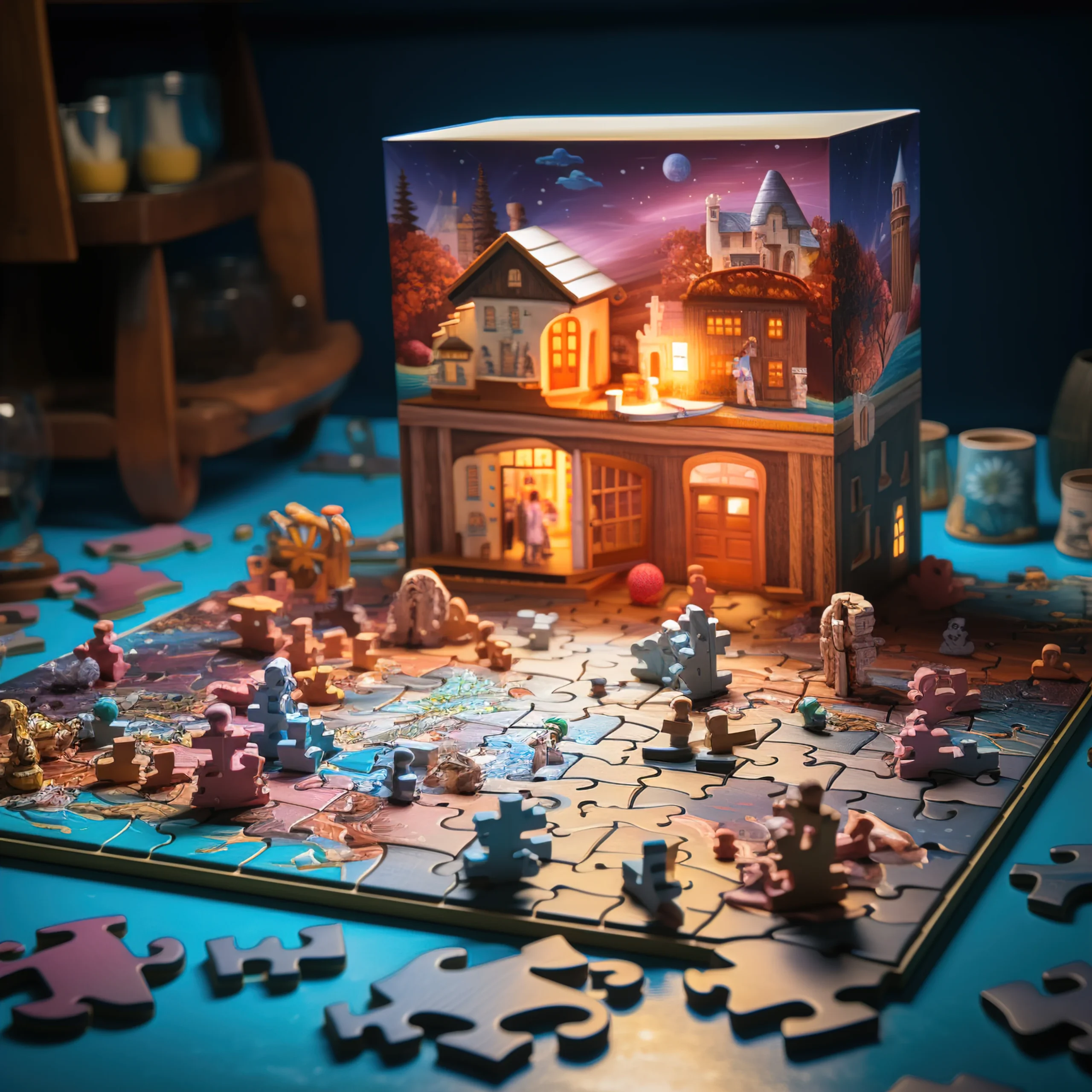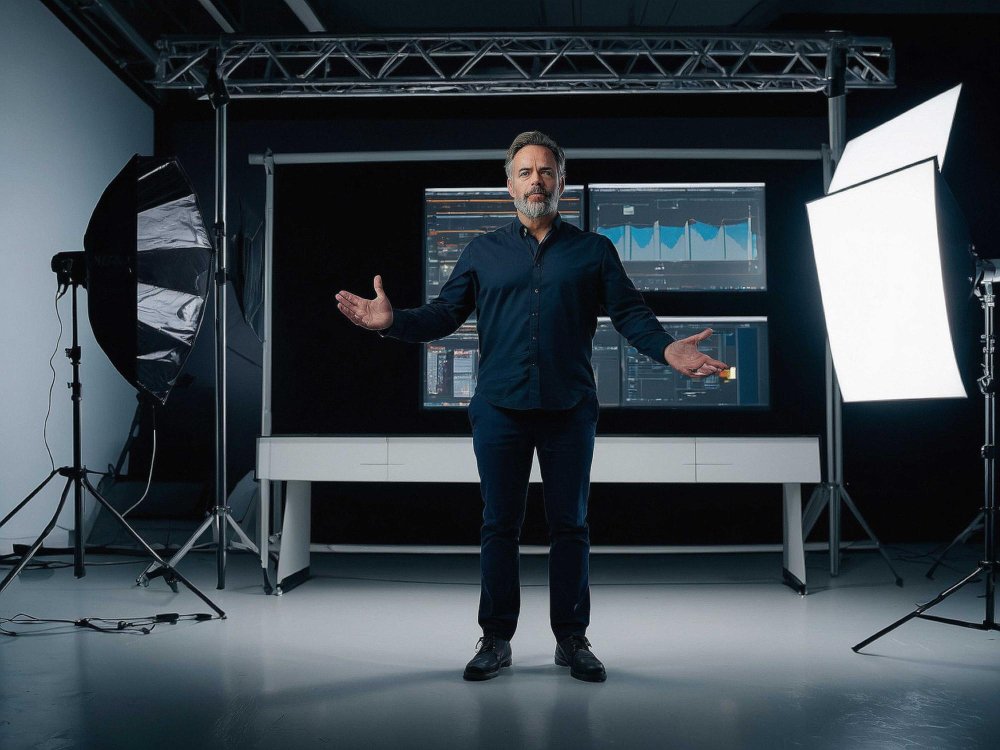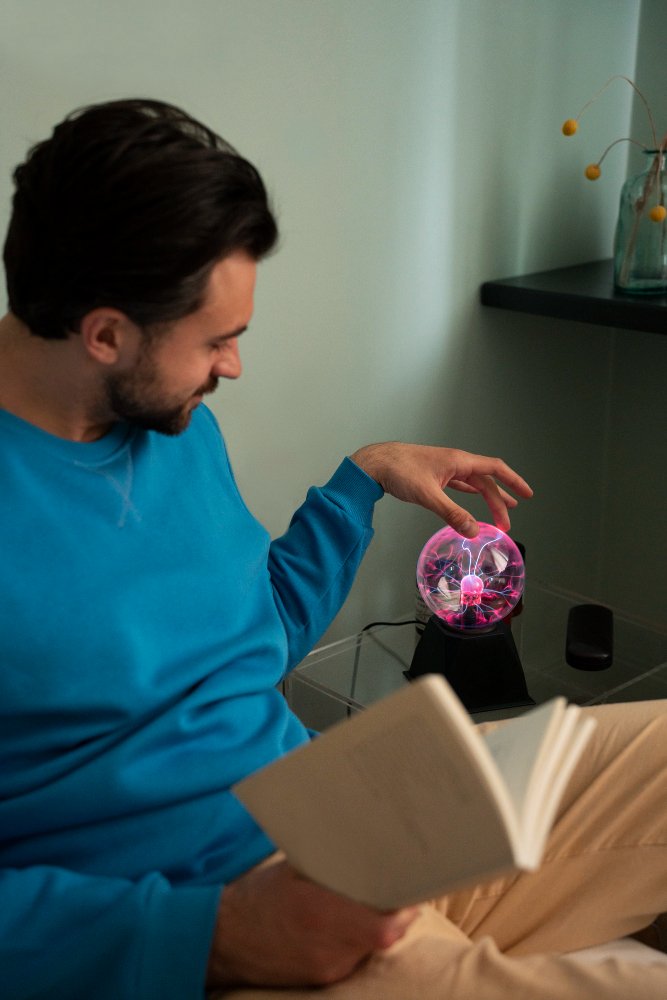The “Parlor Room Organ Puzzle Solution You Will Die” is one of the most intriguing and nerve-wracking challenges in escape room games. Its eerie ambiance and complex puzzle mechanics make it a standout experience for puzzle enthusiasts. In this guide, we will not only help you master this mysterious challenge but also explore the historical context, psychological aspects, and team dynamics that influence the puzzle-solving process. Whether you’re a beginner or an experienced puzzle solver, you’ll find valuable tips and strategies to improve your skills and beat the “Parlor Room Organ Puzzle Solution You Will Die.”
What Makes the Parlor Room Organ Puzzle So Unique?
The “Parlor Room Organ Puzzle Solution You Will Die” isn’t just any ordinary escape room puzzle. Its uniqueness comes from the combination of an antique organ and intricate, music-based clues. The puzzle requires both intellectual and physical precision, as pressing the wrong key could reset the entire puzzle. The stakes are high, and the haunting atmosphere of the room adds an extra layer of tension, making each decision crucial.
Unlike other puzzles that rely on straightforward riddles or logic, this challenge demands you to focus on auditory and visual cues, testing your memory and problem-solving abilities. It’s the kind of puzzle that not only engages your mind but also your emotions, making it an unforgettable experience.
Historical Context of Organ Puzzles in Escape Rooms
The concept of organ puzzles in escape rooms isn’t a new one. These puzzles often draw inspiration from the Victorian era, where grand parlor rooms featured antique organs as a central piece of decor. In escape rooms, the organ often serves as more than just a decorative item—it’s the key to unlocking the next stage of the game.
Escape room designers have skillfully blended history with mystery, using the organ’s intricate design and its connection to music as a tool to challenge players. Understanding the historical and cultural significance of these organ puzzles can enhance your overall experience and improve your ability to decode the clues they present.
The Psychological Aspects of Puzzle Solving
One of the most important aspects of the “Parlor Room Organ Puzzle Solution You Will Die” is managing the psychological challenges that come with it. Escape rooms are designed to put players under pressure, and the Parlor Room Organ Puzzle is no exception. The ticking clock, combined with the fear of making a mistake, can lead to frustration and anxiety.
Managing Stress and Pressure
To succeed in this puzzle, it’s essential to maintain a calm and focused mindset. Psychological strategies such as deep breathing, positive reinforcement, and taking regular breaks can help you avoid panic and think clearly under pressure. Remember, puzzle-solving is not just about intellect—it’s about mental resilience too.
Team Dynamics in Puzzle Solving: Solo vs. Group Play
While the “Parlor Room Organ Puzzle Solution You Will Die” can be tackled solo, teamwork can significantly enhance your chances of success. Working as a team offers the advantage of multiple perspectives, which can be crucial when deciphering complex clues. Often, one person might notice a clue that others miss, or a team might work together to piece together different parts of the puzzle.
Benefits of Team Play
In group play, communication and collaboration are key. Make sure to divide the tasks, share findings, and discuss possible solutions. This synergy can often lead to breakthroughs that might be impossible when working alone. Whether you prefer solving puzzles solo or in a team, the Parlor Room Organ Puzzle can be a rewarding experience either way.
Technological Integration in Modern Puzzle Design
While the “Parlor Room Organ Puzzle Solution You Will Die” might seem rooted in the past with its antique organ and Victorian-era setting, modern technology plays a significant role in the puzzle’s design. Escape room creators use technology to enhance the experience by adding hidden mechanisms, digital clues, and intricate audio-visual elements that interact with the player’s actions.
How Technology Enhances the Puzzle
The combination of traditional puzzle mechanics with high-tech enhancements creates a truly immersive experience. For example, the organ may not only have physical keys but also interact with sensors that trigger hidden compartments or audio cues when the right notes are played. Understanding how technology is integrated into the design of the puzzle can give you an edge, allowing you to better interpret the clues and think more strategically.
Cultural Significance of Organ Puzzles
Beyond their use in escape rooms, organ puzzles have cultural significance in many parts of the world. In various historical periods, organs were often associated with religious ceremonies, social gatherings, and even mystical rituals. Their haunting sounds evoke emotions ranging from awe to fear, making them an ideal tool for puzzle designers who want to elicit strong emotional reactions from players.
The Organ as a Symbol
The “Parlor Room Organ Puzzle Solution You Will Die” leverages this cultural symbolism to heighten the sense of danger and mystery. Understanding this cultural context can enhance your engagement with the puzzle, as you begin to see the organ not just as an obstacle but as a symbolic object with a deeper meaning.
Breaking Down the Puzzle Elements
The Parlor Room Organ Puzzle consists of several critical elements, each playing a vital role in the puzzle-solving process:
- The Organ: The centerpiece of the puzzle. It’s not just a decorative item; it’s the key to progressing through the escape room.
- Musical Notes and Clues: Scattered throughout the room, these clues provide the information needed to play the correct sequence on the organ.
- Clockwork Mechanism: A hidden mechanism inside the organ that activates once the correct sequence is played.
Understanding Each Element
Understanding how these elements work together will help you decode the puzzle faster and more efficiently.
Step-by-Step Solution for the Organ Puzzle
Let’s break down the steps to solve the “Parlor Room Organ Puzzle Solution You Will Die”:
Step 1: Study the Room for Clues
Before interacting with the organ, take time to study every detail in the room. Look for musical notes, symbols, or other visual clues that may hint at the correct sequence. The organ’s design may also have subtle visual cues that align with the clues scattered around the room.
Step 2: Examine the Organ
The organ is the heart of the puzzle. Pay close attention to its structure. Some keys might be marked with symbols or letters that match the clues you’ve found in the room. You may also notice patterns in the organ’s keys that correspond with the musical notes or cryptic messages scattered about.
Step 3: Play the Correct Sequence
Once you have gathered all the necessary clues, begin playing the notes on the organ in the correct sequence. Don’t rush—taking your time ensures you avoid making mistakes. If you hear a chime or a sound, that means you’ve correctly entered part of the sequence. Continue until the puzzle is solved.
Step 4: Celebrate Your Victory
After completing the sequence, the organ will reveal the next stage of the game, allowing you to move forward. Celebrate each small success along the way, as these achievements build the confidence needed to tackle even more complex puzzles in the future.
Common Mistakes to Avoid
- Ignoring Clues: Every detail matters. Skipping over a clue could mean missing the key to solving the puzzle.
- Playing Too Fast: The organ requires precise timing. Playing too quickly could reset the puzzle.
- Rushing Through the Puzzle: Don’t try to guess or skip steps. Take your time to think through each part of the puzzle logically.
Tips for First-Timers
If this is your first time tackling a puzzle of this complexity, here are a few tips to help you succeed:
- Take Your Time: Rushing often leads to mistakes. Focus on one step at a time.
- Use a Notebook: Write down all the clues as you find them. This will help you track your progress and spot connections between different pieces of the puzzle.
- Stay Calm: The atmosphere is designed to make you feel uneasy, but staying calm is key to solving the puzzle. If you feel overwhelmed, take a short break.
Advanced Strategies for Experienced Players
For seasoned players, these advanced strategies will help you complete the puzzle faster and more efficiently:
- Memorize Common Patterns: Many puzzles, including organ puzzles, use repeating sequences. Recognizing these patterns can save you time.
- Focus on the Clues: Ignore distractions and focus on the puzzle elements that are directly relevant.
- Practice Under Pressure: Work on your ability to stay focused and efficient when time is running out.
Conclusion
The “Parlor Room Organ Puzzle Solution You Will Die” is an intense and exciting challenge that tests your intellect, creativity, and patience. By understanding the puzzle’s design, employing psychological strategies, and working as a team, you can successfully navigate this mystery. The key is to stay calm, pay attention to detail, and think critically. Whether you are a first-time player or an experienced escape room enthusiast, this guide will help you master the puzzle and enjoy the thrill of discovery.
Good luck, and happy puzzling!


